Personal Finance
How Can You Avoid Spending More Than What is in Your Bank Account?
Spending more than you have results in debt that have to paid with interest.
Published
1 year agoon
By
Mario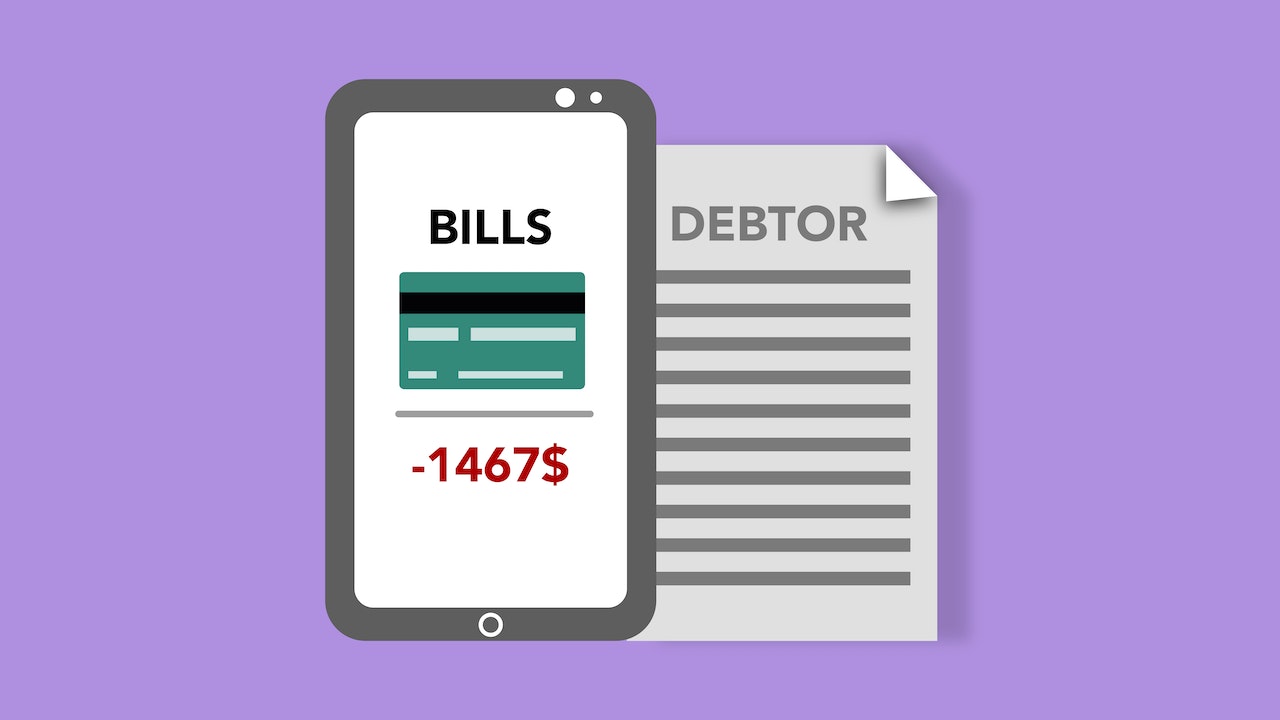
Many people struggle with money issues and are constantly concerned about how to manage their spending. In addition to raising your income, you must successfully control your spending if you want to have greater financial resources.
The majority of issues brought on by excessive spending are due to personal habits. Continue reading to learn how to “avoid spending more money than you have in your bank account.”
What Is A Budget For Finances?
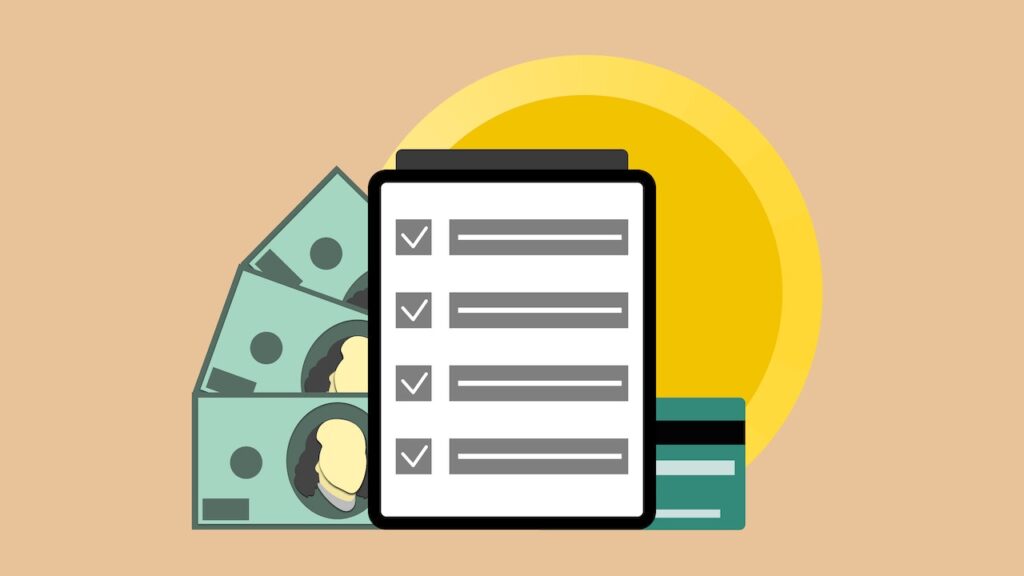
The act of allocating a finite resource is called budgeting. The practice of controlling income and expenses is what we mean by budgeting when we discuss personal finances. This immediately aids you in limiting your expenditure to what your bank account allows.
With the use of a budget, you can plan how you spend your money so that there is enough to pay your current expenses as well as save for the future and any children you may have or decide to have.
Why Is Having A Budget Crucial?
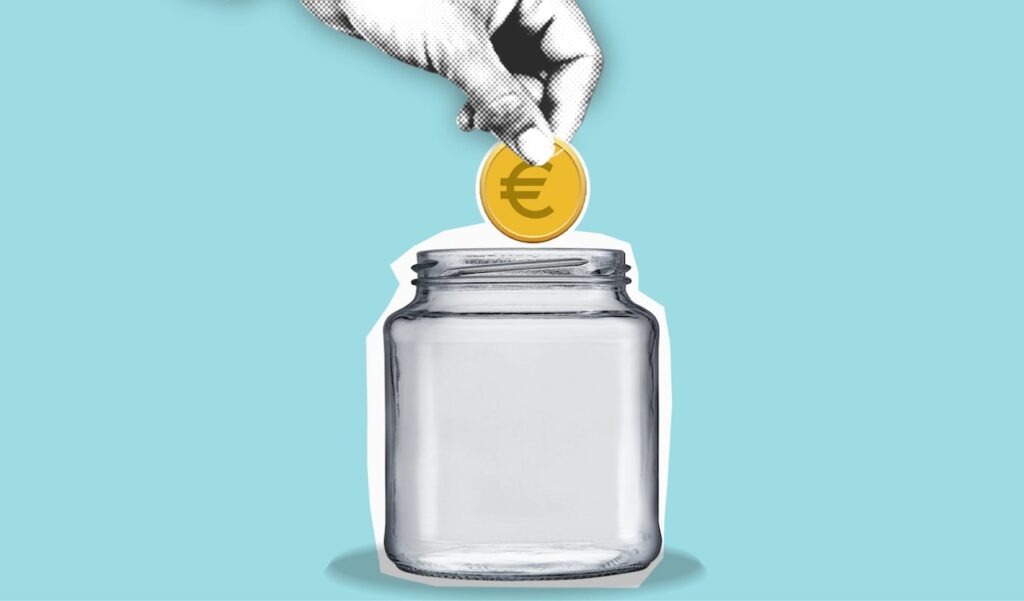
Budgeting is a crucial life skill and an important part of money management that can help you reach your financial objectives.
A good way to make sure you don’t go into debt is to have a budget in place. Additionally, by keeping up with your bill payments, you can establish a strong credit rating and later on qualify for lower interest rates on personal loans or mortgages.
Why Is Budgeting Challenging?
Making a monthly budget is difficult in and of itself, but often keeping one is even more difficult. If you’re having difficulties sticking to your budget, you’re most likely committing one of a few typical (and fixable!) errors.
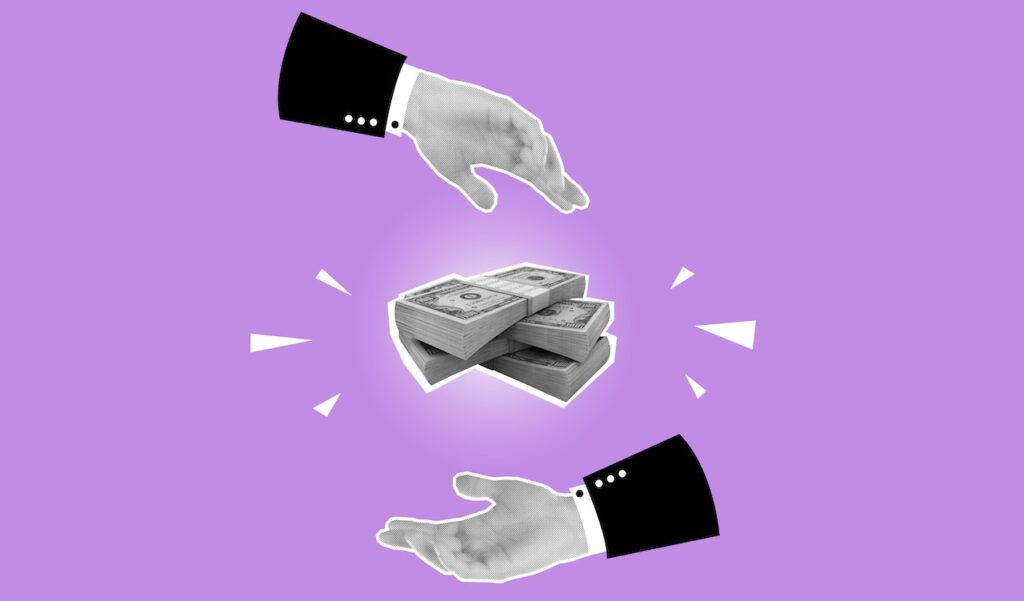
Here’s Where You May Be Mistaken
Keeping Tabs
You really need to get serious and start keeping more detailed records of your expenditures if your monthly spending is going over the limit you’ve set for yourself, but you’re not sure how that’s occurring.
The items we purchase with cash typically escape our archives, so be sure to record any purchases made with cash in your personal file.
This will give you the opportunity you need to evaluate your spending patterns more accurately and determine how you can achieve your own financial objectives.
Limiting Your Purchases
It’s simple to get seduced by by-products you didn’t think you’d need, whether shopping in person or online, especially when they’re on sale. Screaming signs reading “50% OFF! or “Buy One, Get One Free! ” are intended to deceive us into believing that we are saving money by making purchases.
Writing a shopping list before going to the store and pledging to only buy the items on the list is one of the most effective ways to avoid financial pitfalls and limit your discretionary spending, even though it may seem obvious.
And make sure not to linger longer than necessary in the store; get what’s on your list, and then proceed directly to the cashier.
Any additional time spent browsing can cause your budget to collapse. Make sure that these guidelines are followed when shopping both in-person and online because it is even simpler to succumb to sales when they are only a click away.
Accounting For Incidentals
There’s a strong probability that you didn’t factor expenses like holiday gifts for your family or a yearly magazine subscription into your budget when you created it. Although these costs are less frequent, they are still manageable to foresee.
To ensure that costs like this don’t break the bank, try to leave some money in your budget for discretionary expenditure. This additional financial room can help lessen the impact of any purchases that may be tougher to anticipate, such as a new phone or wedding presents for your friends.
Cutting The Excess
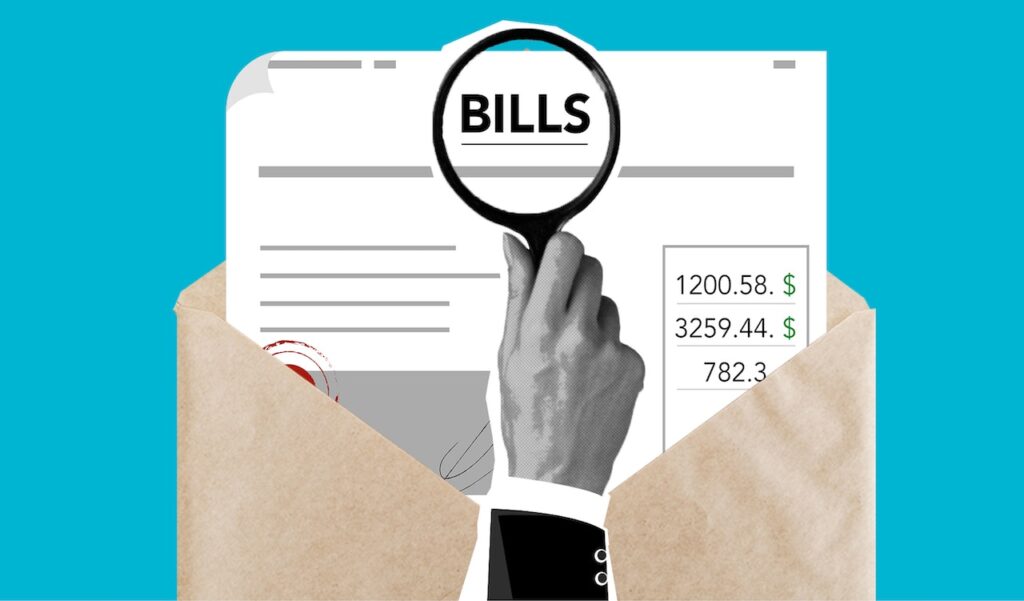
If your monthly spending is routinely more than your income, it may be worthwhile to look closely at your budget and see what might be cut. Try to identify some of the luxuries that you can give up and act on them.
Perhaps you dine out too frequently, or your energy bill has been high because you keep the AC in the highest setting. The quickest and simplest approach to confirm that you are spending and living within your means is to do this.
A positive step is creating a budget, but a budget is only useful if its rules are followed. Spend some time determining what you require and what you can go without so that you will have the financial resources to live the life you desire. A little bit of discipline and planning can go a long way.
How Can A Budget Prevent You From Spending More Money Than You Have In The Bank?
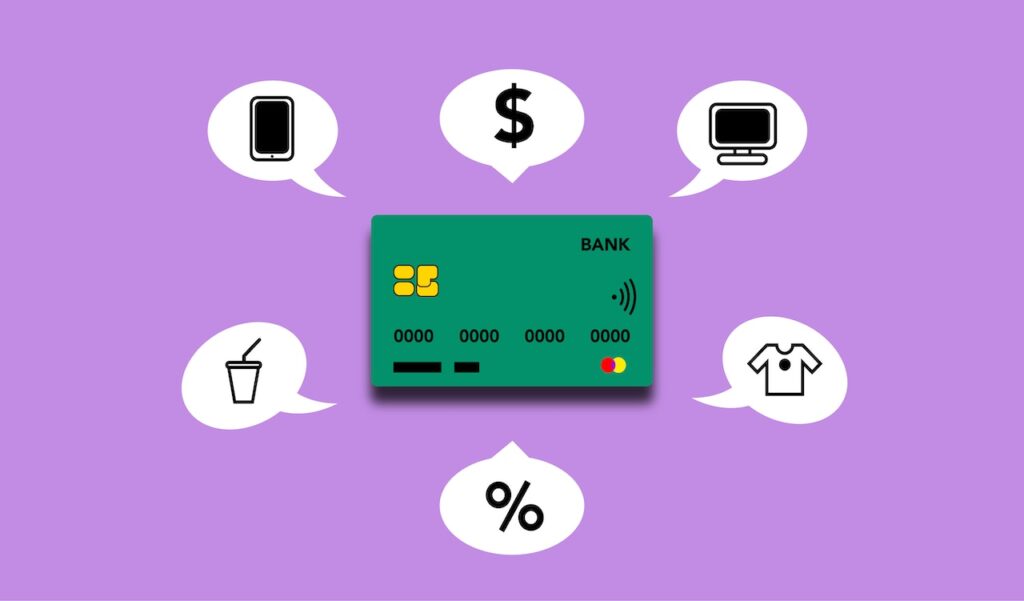
Making a budget will save you from running out of money just when you need it, which is the most noticeable advantage, which results in reduced stress!
A budget is a crucial component of your overall personal financial plan if you want to be able to weather financial hardships and have money set aside for an emergency.
If you’re having trouble paying off your debts, creating a well-balanced budget and using credit responsibly will help you take control of your interest payments and eliminate your debt once and for all.
Making a budget might also assist you in saving money and leading the life you desire. You can get closer to your long-term goals by monitoring your spending and daily cash flow!
Final Note
Start concentrating on investing rather than spending. Don’t be afraid to take risks, but keep them in check because everything, no matter how big or tiny, requires experience and education to succeed. Invest in areas where you feel confident, secure, and successful.
You should learn to save money wisely so that you can achieve your goals in life. If you keep spending money, it will develop into a poor habit and have detrimental effects in the future.

Best Problem-Solving Strategies In Business

How to Start Affiliate Marketing Through Amazon

How to Plan A Wedding On A Budget

10 Reasons Why Budgeting Is Important




